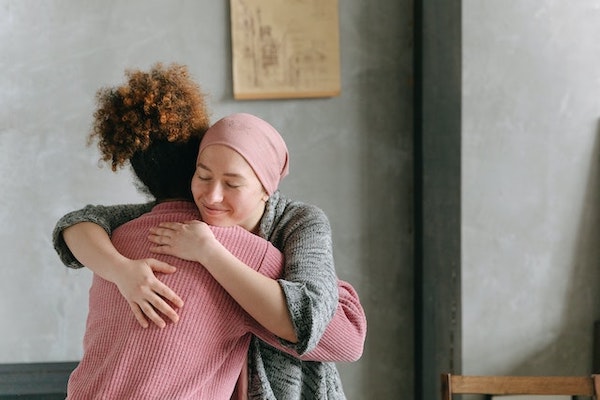Cancer can affect anyone, and it doesn’t matter what their sexual orientation or gender identity might be. However, some cancers can impact the LGBTQ+ community much more than others. There are several reasons for this, and understanding what they are can help to combat at least some of the issues. Read on to find out more.
Limited Healthcare Access
Although in many countries there is no reason that anyone in the LGBTQ+ population would have restrictions when it comes to getting healthcare when they need it, in some places, this is certainly an issue. In countries where being anything other than straight is illegal, for example, there would be no healthcare, and perhaps surprisingly, there are even states in America where doctors can refuse to treat those in the LGBTQ+ community if they don’t want to.
This is bad enough, but when you add to this the fact that some people in the LGBTQ+ community have faced stigma and discrimination, which makes them not want to seek medical help, the fact is that conditions like some cancers that could be treated become much more life-threatening.
Throat Cancer and HPV Infections
Did you know that certain types of HPV infections can increase the risk of throat cancer? HPV is an infection that can be passed on through sexual activity, including oral sex. Studies have proven that gay and bisexual men are more likely to develop an HPV infection and that, in turn, makes them more likely to develop throat cancer.
Because of this, it’s crucial to have regular screenings and, if you are diagnosed, you’ll need to speak to the cancer experts at Moffitt Cancer Center for advice and guidance. The sooner you know there is an issue, the sooner you can get help, so always attend your appointments. Plus, there is an HPV vaccination, which could be an excellent way to prevent this danger from being an issue in your life.
Mental Health and Cancer Risk
Sadly, the LGBTQ+ community often has much higher levels of stress, anxiety, and depression due to social stigma and discrimination. This is a terrible thing in itself, but these mental health challenges can also impact your overall health and well-being, and this means they can contribute to your risk of cancer being higher.
This is because you might not make appointments for cancer screening or you might not attend the appointments you do make. Plus, when you are depressed, sometimes, it can be hard to take care of yourself. This can mean eating a poor diet, leading a more sedentary lifestyle, drinking or smoking too much, not wearing sunscreen, not practicing safe sex, and so on. All of these things can lead to your risk of developing cancer being higher.
It’s a good idea to look for mental health support specifically designed to help the LGBTQ+ community to help you get the understanding you need to ensure you are healthier all round, including reducing your risk of a variety of different cancers.

